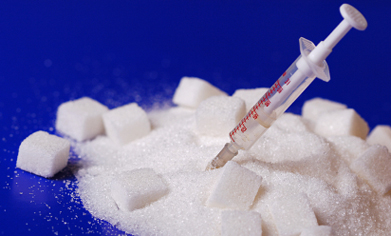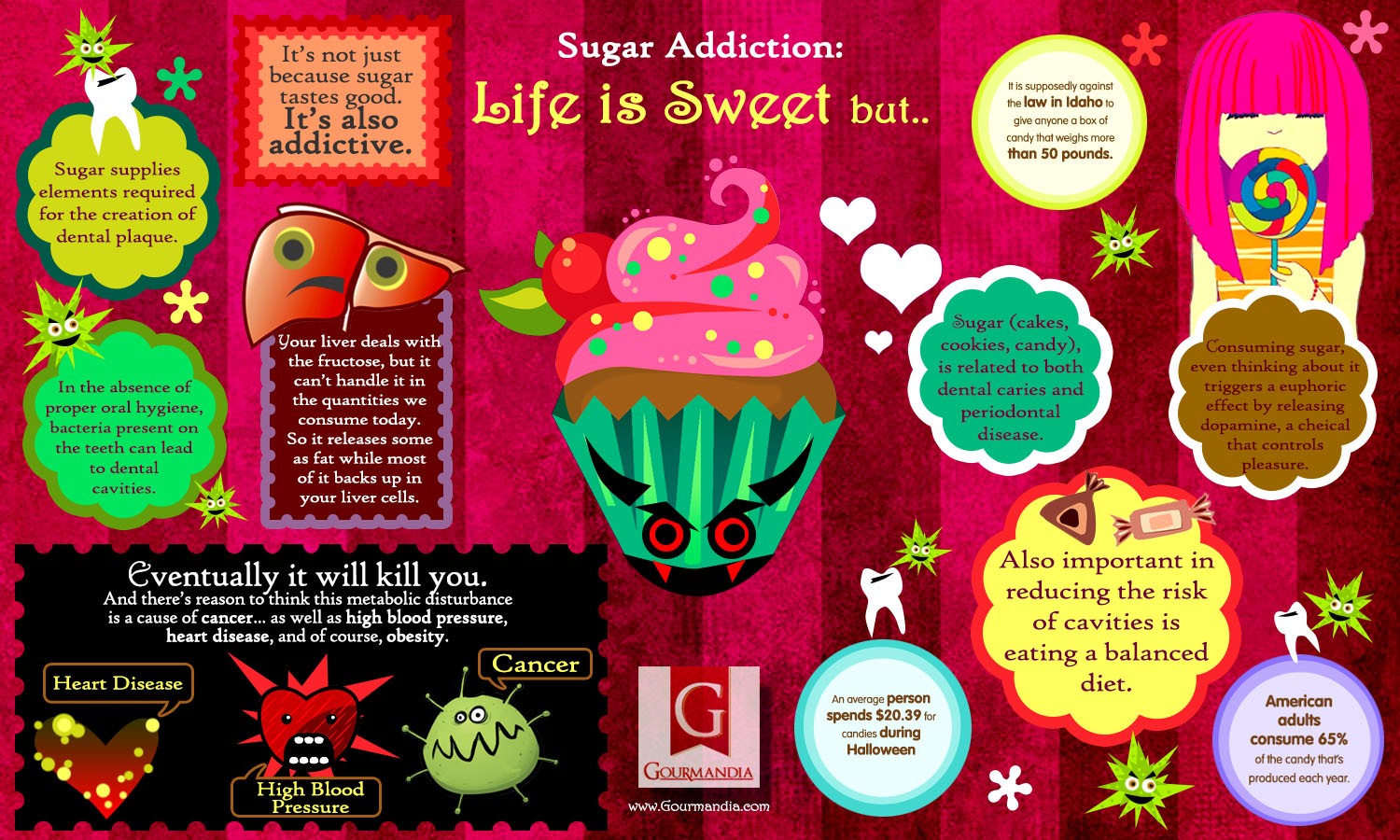We are defining detoxification in this 28 day program as getting off of wheat and sugar, as well as invigorating the natural waster elimination system of the body and supporting your emotional and energetic capacity for growth! Eliminating the large daily consumptions of wheat and sugar will make monumental changes in your health, wellbeing, and overall prevention of disease. This practice of eating real food is the first foundational step in the journey to a whole food based healthy lifestyle.
Recent and mounting scientific evidence clearly proves that sugar and flour, which raises blood sugar even more than table sugar is biologically addictive. In fact, it’s as much as eight times more addictive than cocaine. The average American consumes about 152 pounds of sugar and 146 pounds of flour a year. It’s imperative that we revamp our outdated and dangerous national dietary guidelines. And we need clear strategies and medical programs to help people understand and address the health risks and addictive nature of sugar and refined carbohydrates.
During this 28 Day program we are striving to address this need for supportive, informational based programing to provide you with the education and strategies you need to get off theses addictive foods. It is important to know that food addiction is a matter of biology, and that Biology is driving the craving. By removing these foods from your diet you are up against something that is affecting the body chemistry and it will take time, repetition and reinforcement to move away from sugar and flour.
According to Mark Hyman, M.D., Chairman of the Institute of Functional Medicine, ‘……New research syncs with decades of data on how sugar causesinsulin resistance, high triglycerides, lower HDL (good) cholesterol and dangerous small LDL (bad) cholesterol. It also triggers inflammation that we now know is at the root of heart disease. Fats, including saturated fats, have been unfairly blamed. With the exception of trans fats, fats are actually protective, this includes omega-3 fats, nuts and olive oil, which are proven to reduce heart attack risk by more than 30%.
To see the rigorously done new study of more than 40,000 people, published inJAMA Internal Medicine, showing that those with the highest sugar intake had a four-fold increase in their risk of heart attacks compared to those with the lowest intakes, please link here.


